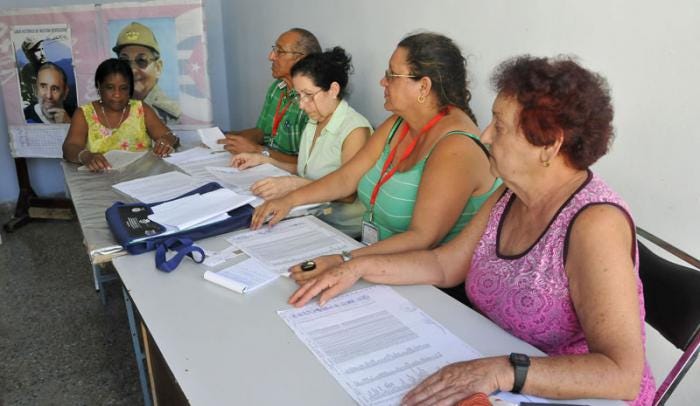The President of the National Electoral Council of Cuba, Alina Balseiro Gutiérrez, reported on November 28 the results of the elections of the delegates to the municipal assemblies of people’s power, held on November 27, 2022. Some 5,728,200 went to the voting booths, which represents 68.58% of the voting lists. Some 22,205 youth exercised the right to vote for the first time.
Cubans citizens of sixteen or more years of age have the right to vote, subject to the condition that they have been resident in the country for the previous two years, and they have not had the right to vote suspended in a criminal process. When exercising the right to vote, the voter presents his or her identity card to the members of the electoral table, which verify that the person is included in the list of voters.
The publication and verification of the lists of voters was carried out from October 24 to November 12. The publication of the voting list…



